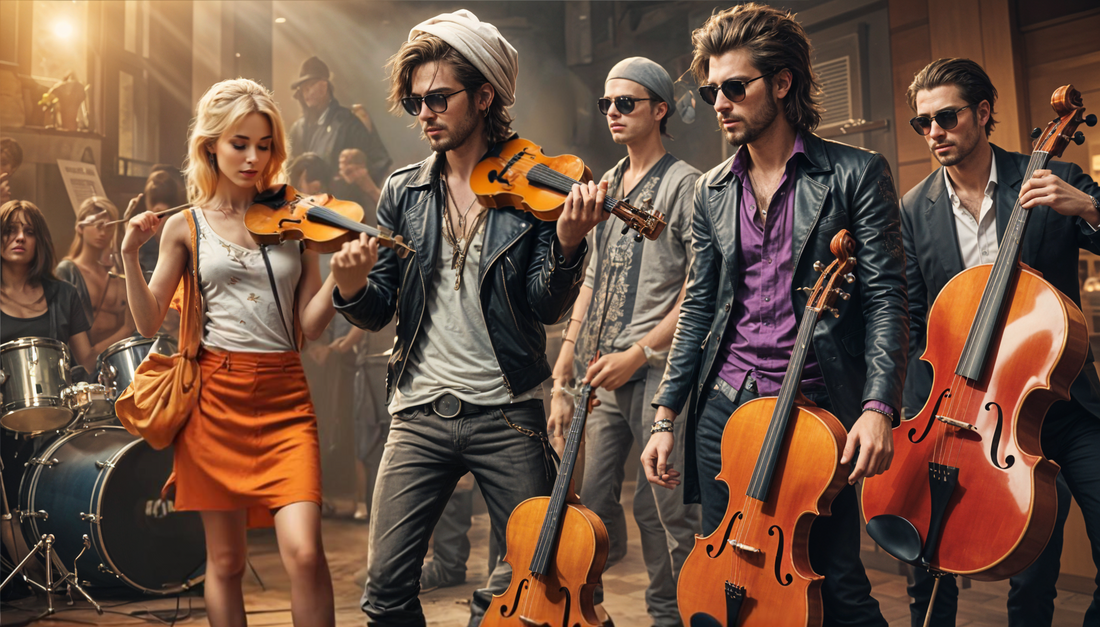Enlisting Civilians

I wrote an April Fool’s chatter about a mock company that specialized in the re-imaging of composers of new music in order to market them to the masses. While the ruse was all in jest, its roots came from some real issues that are permeating our community, as evidenced by the numerous comments posted.
Why all the fuss? For most of us, it seems to come down to believing whether the majority of people have the ability to appreciate non-commercial contemporary music. It’s the nature vs. nurture debate on an aural level. Some of us feel that most of the population, immersed in the celebrity-driven mass marketing of our culture, has lost all potential to cross that divide and will never be interested in what we compose, no matter what we do to promote it. Then there are others among us who honestly feel that some folks who normally never experience new music might enjoy it, if only given the right context and motivation.
I am of the latter camp. I feel that through nurturing, even a fan of elevator music can appreciate a sound-art work installation in SOMA (the arty South of Market area in San Francisco). Recently I was part of a concert of new music featuring the Robin Cox Ensemble. The event was held at a small dance space in an artists’ housing community that was not in the best part of town. For better or worse, no one in the press picked up on the concert until three days before, when we were invited to be on a nationally-syndicated public radio talk show.
Instead of devoting the segment to just talking about the music, the producers directed us to talk about trying to make a living doing something we love, something that does not rake in the money of a dotcom IT gig. It was very revealing, honest, and fun. The host didn’t abandon our music, but selectively played little snippets of it, making layman’s comments that anyone could understand.
The effects of that radio show were remarkable. On opening night as I loitered around the ticket booth I saw numerous faces I have never seen at any concert, much less a new music concert: retirees, little kids, shy, curious types. When I asked how they came to hear about the performance, they all said radio. For the vast majority, what had enticed them into coming was being able to identify aspects of their own lives with the challenges we as musicians in the United States face. Many had some story of how they or somebody they knew had a passion for some vocation that they had dropped in pursuit of the material American Dream.
The audience of NPR is perhaps more educated than say the audience of a lite rock station. But, still, these were “civilians,” e.g. newbies to new music. Almost all had never heard the name of a living composer. Furthermore, while their tastes in other arts may have been progressive, their tastes in music were oriented towards pop rather than classical. But, through making a connection between their lives and ours, they crossed the divide. They listened. And they all said they loved some aspect of it. The issue is not whether those immersed in mainstream culture are capable of enjoying new music. Rather, it is how we invite new listeners into new music without compromising our own personal ethics. How far can we go to make it possible?
